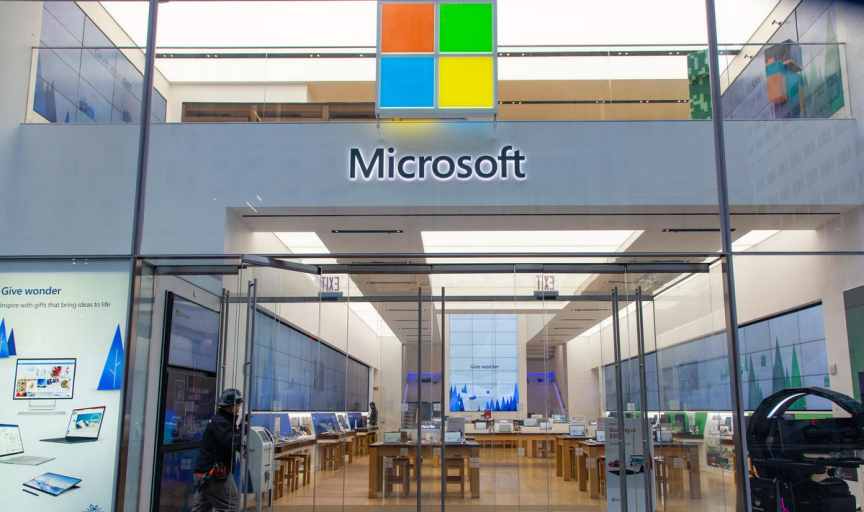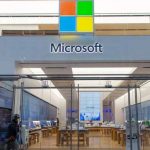Microsoft is closing its retail stores permanently in favor of digital storefronts

Amid the ongoing coronavirus pandemic, Microsoft announced today that it is pulling the plug on all of 116 of its stores worldwide. Only its four locations in London, New York, Sydney and Redmond, Wa., will remain open. In a “strategic shift” in retail operations, Microsoft announced today it is closing its retail stores permanently.
The news comes after Apple announced this week that it is re-closing its stores due to COVID-19 outbreaks. Back in March, Microsoft shut down its retail locations as coronavirus pandemic hit. It seems the shutdown gave the tech giant time re-access its physical retail store strategy.
According to the announcement, Microsoft said its retail team members will continue to serve customers from Microsoft corporate facilities and remotely providing sales, training, and support. Microsoft will continue to invest in its digital storefronts on Microsoft.com, and stores in Xbox and Windows, reaching more than 1.2 billion people every month in 190 markets.
Microsoft opened its first store in 2009, alongside the release of Windows 7. At the time, Microsoft aimed to re-create the allure and prestige of the Apple Store, including very similar store fittings. With the change in strategy, Microsoft said it will also reimagine spaces that serve all customers, including operating Microsoft Experience Centers in London, NYC, Sydney, and Redmond campus locations.
The closing of Microsoft Store physical locations will result in a pre-tax charge of approximately $450M, or $0.05 per share, to be recorded in the current quarter ending June 30, 2020. The charge includes primarily asset write-offs and impairments.
“Our sales have grown online as our product portfolio has evolved to largely digital offerings, and our talented team has proven success serving customers beyond any physical location,” said Microsoft Corporate Vice President David Porter. “We are grateful to our Microsoft Store customers and we look forward to continuing to serve them online and with our retail sales team at Microsoft corporate locations.”
Since the Microsoft Store locations closed in late March due to the COVID-19 pandemic, the retail team has helped small businesses and education customers digitally transform; virtually trained hundreds of thousands of enterprise and education customers on remote work and learning software; and helped customers with support calls. The team supported communities by hosting more than 14,000 online workshops and summer camps and more than 3,000 virtual graduations.
“We deliberately built teams with unique backgrounds and skills that could serve customers from anywhere. The evolution of our workforce ensured we could continue to serve customers of all sizes when they needed us most, working remotely these last months,” said Porter. “Speaking over 120 languages, their diversity reflects the many communities we serve. Our commitment to growing and developing careers from this talent pool is stronger than ever.”
The retail team members will serve consumers, small-business, education, and enterprise customers, while building a pipeline of talent with transferable skills.
“The Microsoft Store team has long been celebrated at Microsoft and embodies our culture,” said Microsoft Chief People Officer Kathleen Hogan. “The team has a proven track record of attracting, motivating, and developing diverse talent. This infusion of talent is invaluable for Microsoft and creates opportunities for thousands of people.”




